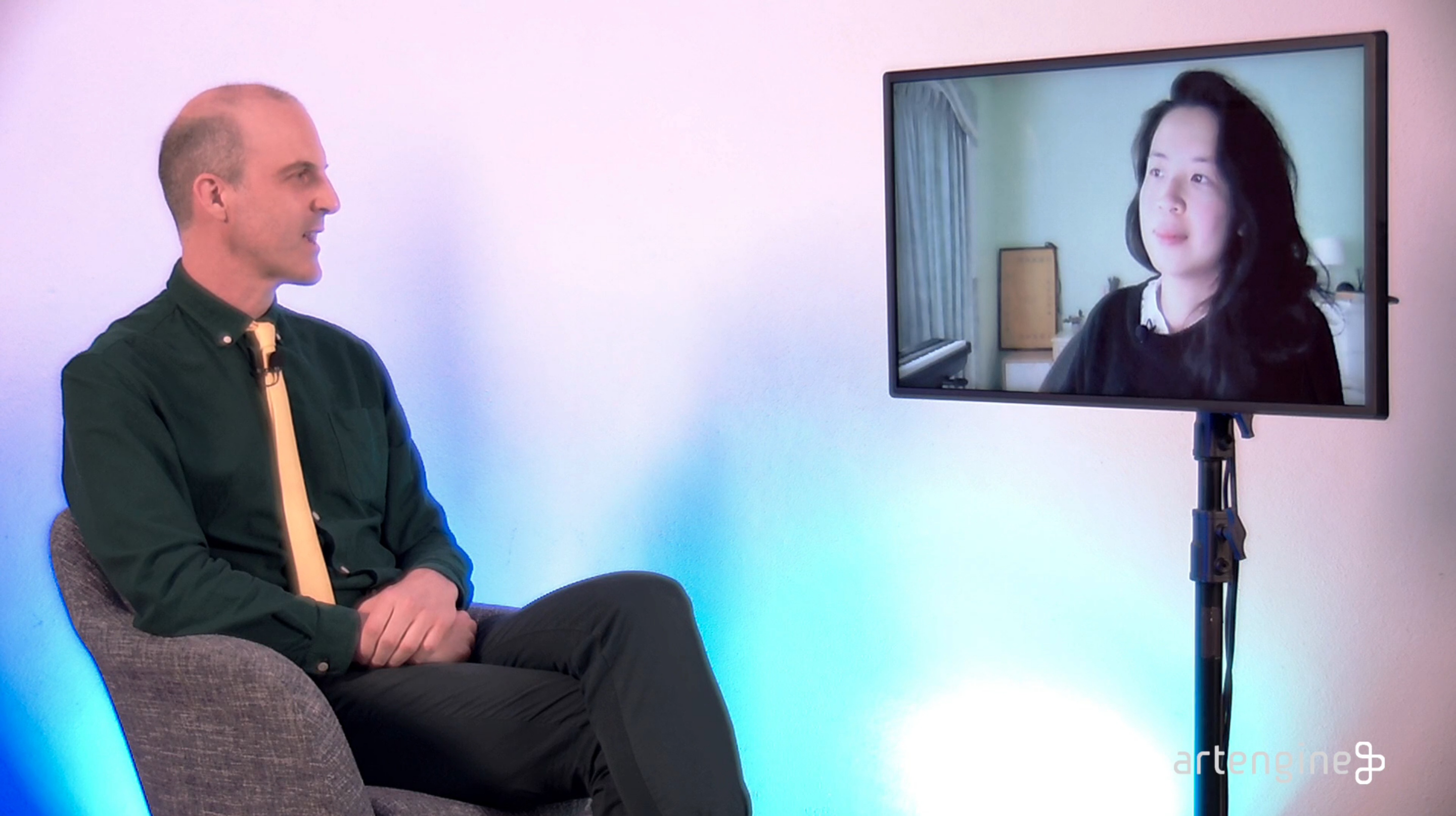Ben Bogart explores the concept of “machine subjectivity” within the realm of artificial intelligence and machine learning. Bogart delves into the intricate relationship between human cognitive processes and autonomous machines. They challenge the conventional view of machine learning as merely objective statistical models, proposing instead that these systems can be seen as subjective entities capable of autonomous learning and decision-making.
Bogart discusses how machines, through unsupervised learning algorithms, categorize and interpret data, drawing imaginary boundaries that mimic human cognitive biases. This process highlights the subjective nature of machine perception, questioning the objectivity traditionally attributed to technological systems. Bogart uses visual examples from their artistic work, particularly their project that involves deconstructing and reconstructing cinematic frames, to illustrate how machines “perceive” and “imagine” based on the data they process.
Throughout the talk, Bogart emphasizes the importance of recognizing the subjective interpretations embedded within machine learning systems. They advocate for a deeper understanding of how these systems construct knowledge and the implications of their integration into societal frameworks, aiming to foster a dialogue that reassesses the interplay between human and machine cognition.

